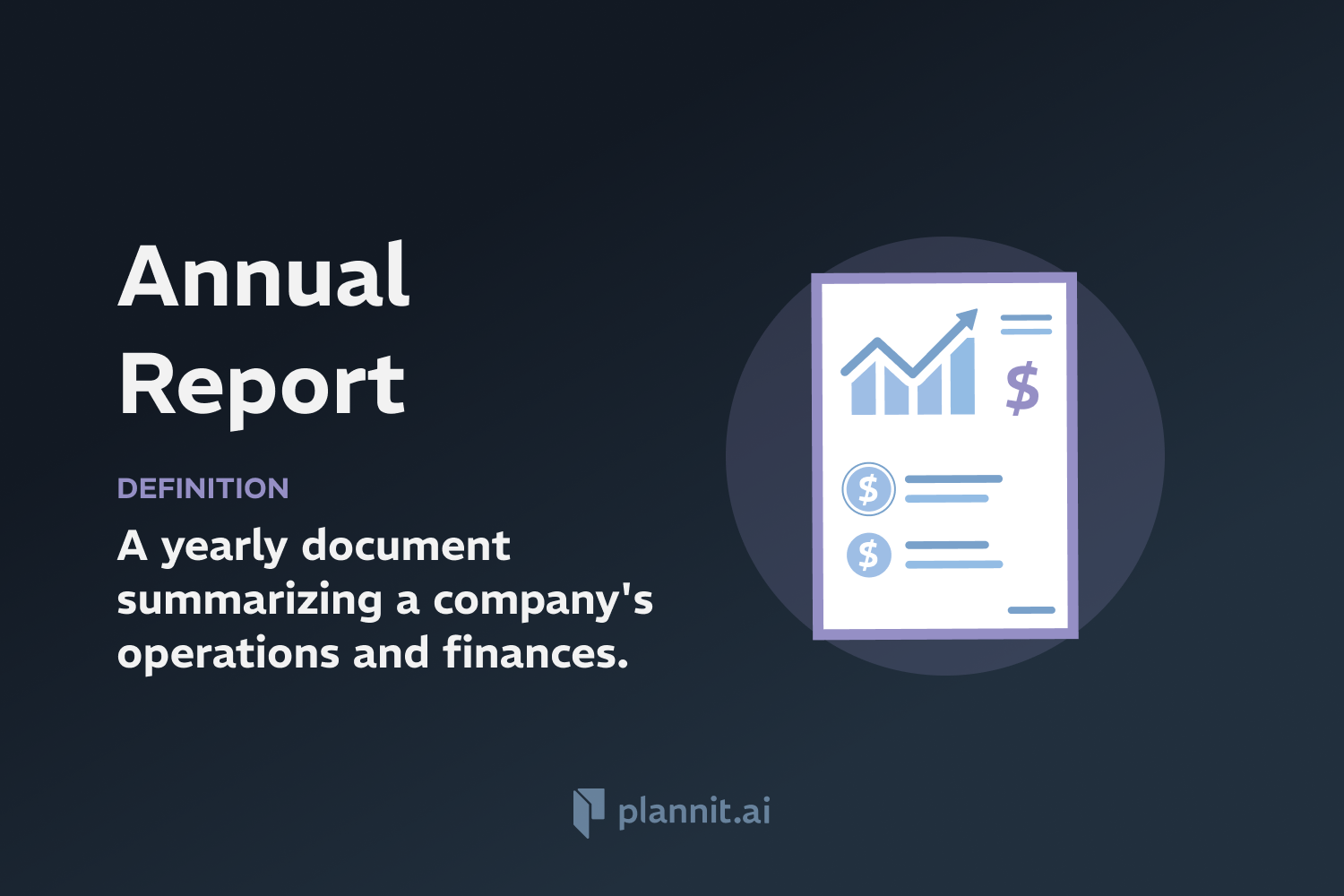Need Help With Your Business Plan?
Answer tailored questions and get a detailed business plan in minutes.
Revenue: Definition & In-Depth Explanation
Definition:
Revenue refers to the total income a company earns from its normal business activities, typically from the sale of goods and services to customers. It is often referred to as sales or turnover.
Context of Use:
Revenue is a critical measure in accounting, finance, and business operations. It is used to assess a company’s financial performance and operational effectiveness. Revenue figures are central to the income statement and are crucial for stakeholders to evaluate a company's size, growth, and potential to generate profits.
Purpose:
The primary purpose of tracking revenue is to provide insight into the core economic activities of a company. It helps stakeholders understand the financial health and sustainability of the business, guiding investment and operational decisions.
Example:
Retail Store: Calculates revenue based on the total sales of merchandise to customers.
Software Company: Generates revenue through software sales, subscriptions, and licensing fees.
Related Terms:
Gross Revenue: The total revenue received before any deductions or allowances, such as returns and discounts.
Net Revenue: The amount of money that remains after subtracting returns, allowances for damaged or missing goods, and any discounts allowed.
Profit: The financial gain realized when revenue exceeds the expenses, taxes, and costs associated with operating the business.
FAQs:
1. What is the difference between revenue and income?
A: Revenue refers to the total earnings from primary business activities, while income, often considered as net income, includes deductions of expenses and taxes from revenue.
2. How do companies increase their revenue?
A: Companies can increase revenue through marketing strategies, expanding product lines, entering new markets, or improving sales techniques.
3. Is revenue the same as cash flow?
A: No, revenue is the total income earned, often recorded on an accrual basis, while cash flow refers to the actual inflow and outflow of cash.
4. Can a business have high revenue but still lose money?
A: Yes, a business can generate high revenue but still incur a net loss if its costs and expenses exceed the revenue earned.
5. What are common revenue streams for a business?
A: Common revenue streams include sales of products, service fees, subscriptions, advertising revenue, and licensing fees.
Get funding with a business plan that will impress investors.
Starting a New Business?



